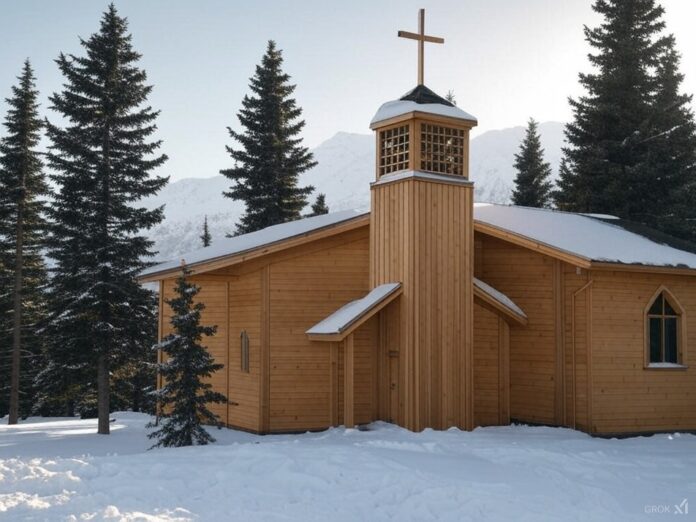By JIM MINNERY | ALASKA FAMILY COUNCIL
As part of a consent judgment filed in a US District Court in Texas on Monday, the US Internal Revenue Service has agreed to release churches from a decades-long prohibition against engagement in “political speech,” referred to as the “Johnson Amendment.”
The judgment, which was accepted by the court, states, “For many houses of worship, the exercise of their religious beliefs includes teaching or instructing their congregations regarding all aspects of life, including guidance concerning the impact of faith on the choices inherent in electoral politics.”
For over 70 years, pastors and churches across America were led to believe that speaking about elections, political issues, or candidates from the pulpit or in their ministries could cost their church its tax-exempt status.
That myth—rooted in the 1954 Johnson Amendment—silenced too many faithful leaders. It created fear. It stifled truth. And it separated the Church from its God-given responsibility to speak clearly in a confused world.
But this week, the truth finally broke through.
In the filing, the IRS officially acknowledged what we’ve known all along:
Churches can speak into political issues and endorse candidates to their own congregations.
That’s right. According to the IRS itself, houses of worship are free to speak to their people about elections and candidates—boldly, biblically, and without fear.
Granted, there has and always will be a broad spectrum in terms of how each church chooses to engage in the cultural and political issues of the day but now…there is at least clarity on what can be done.
CLICK HERE for a Q & A Factsheet for Pastors and Church Leaders regarding the IRS Ruling
The judgment also notes that, “When a house of worship in good faith speaks to its congregation, through its customary channels of communication on matters of faith in connection with religious services, concerning electoral politics viewed through the lens of religious faith, it neither “participate[s]” nor “intervene[s]” in a “political campaign,” within the ordinary meaning of those words. … Bona fide communications internal to a house of worship, between the house of worship and its congregation, in connection with religious services, do neither of those things, any more than does a family discussion concerning candidates. Thus, communications from a house of worship to its congregation in connection with religious services through its usual channels of communication on matters of faith do not run afoul of the Johnson Amendment as properly interpreted.”
It is widely understood that through this action, the IRS is conceding that it will no longer seek to enforce Johnson Amendment restrictions on churches, including involvement in political campaigns, endorsement of political candidates, and other engagement in political speech, as long as those communications are “from a house of worship to its congregation in connection with religious services through its usual channels of communication on matters of faith.”
The irony? This has long been the IRS’s unspoken policy—but the deception was allowed to stand. Many churches believed the myth of “separation of church and state” meant silence in the pulpit. But that was never true. And now the law agrees. We’ve long said the Church is not the problem—it’s the solution. And now, more than ever, the Church must lead with clarity, courage, and truth.
No more fear. No more confusion. For those pastors and churches wanting to engage Biblically in being salt and light in the public policy arena, Alaska Family Council stands ready to help them speak clearly and courageously. Because in a culture that is confused, clarity is compassion—and silence really shouldn’t be an option.
Jim Minnery is president of Alaska Family Council.
